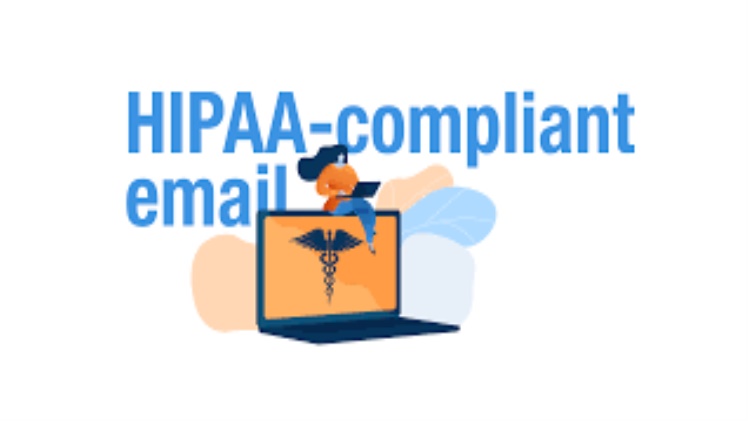When it comes to email and HIPAA compliance, there are some key things you need to consider. This includes a business associate agreement (BAA) with your email service provider, access controls, encryption and more.
For emails that travel outside the office, including between healthcare practitioners, end-to-end encryption is necessary for HIPAA compliance. There are a few HIPAA Compliant Email services that make this easy for healthcare professionals.
1. Encryption
Encryption is a common data security measure that helps to keep emails HIPAA compliant. It secures messages in transit and at rest.
The key to encryption is to ensure that only the intended recipient can read the contents of an email. This prevents cybercriminals, hackers and Internet service providers from reading sensitive information. It also protects privacy.
2. Access Controls
HIPAA compliance requires an organization to implement a comprehensive set of access controls. These controls ensure that only authorized users have access to resources and data.
The access control process is a key component of email security. It helps to keep emails HIPAA compliant and protect patient privacy.
3. Authentication
Emails are a common way healthcare providers share patient information, but they need to be done securely. HIPAA requires healthcare organizations to protect ePHI from unauthorized access.
Authentication is a way to verify a user’s identity. This helps ensure that employees are only accessing PHI that is necessary for them to perform their job functions. It also helps to reduce unauthorized access.
4. Reporting
As a healthcare provider, you need to keep your patients’ health information protected. This means sending them emails that comply with HIPAA laws and regulations.
HIPAA compliance includes all types of email communication, including transactional and informative emails. It also means ensuring that your emails are secure when they’re in transit.
5. Training
HIPAA compliance training is a necessary part of ensuring that emails are secure. It helps to educate employees on the risks of sending and receiving PHI via email, as well as the consequences of a HIPAA violation.
Employees should undergo consistent and digestible training sessions on a variety of topics to ensure they understand how to protect ePHI. Additionally, they should learn how to recognize security breaches and what to do when they occur.
6. Privacy Policies
Privacy policies are a great way to show your customers that you take their personal information seriously. They also let them know how you intend to use it, and they can opt out if they don’t want to.
If you are sending emails containing protected health information (PHI), they should be encrypted. This is to ensure that PHI cannot be intercepted by anyone other than the intended recipient.
7. Legal Requirements
HIPAA covers the privacy and security of patient health information, including names, addresses, medical records and other identifiable data. Any business that works with PHI must follow HIPAA standards.
One way to ensure emails are HIPAA compliant is by encrypting them. This makes them unreadable if intercepted in transit or by an unauthorized individual. It also prevents unauthorized disclosure of sensitive information.
8. Business Associate Agreements (BAAs)
Business associate agreements (BAAs) are crucial for keeping your emails HIPAA compliant. They define the relationship between your email service and your covered entity and ensure that the email provider agrees to take responsibility for ensuring that PHI is kept safe.
Direct employees of your organization do not have to sign BAAs, but contractors who come in contact with PHI need to execute one.
9. Privacy Policies
Emails contain protected health information (PHI), and HIPAA compliance for email is important. Keeping PHI safe in transit requires encryption.
A good way to keep your emails HIPAA compliant is to use a secure email service that offers end-to-end encryption. It should also have access controls and authentication in place to ensure that you can only send what you want to.
10. Recipient Access Rights
If you work in a healthcare setting, it’s important to know how to keep your emails HIPAA compliant. That way, you can maintain patient privacy and avoid potential fines ranging from $100 to $50,000 per violation.
Conclusion
For this reason, it’s best to opt for a service that encrypts all emails in transit and at rest. These services also come with access controls, which help to ensure that only the intended recipient can access them.

